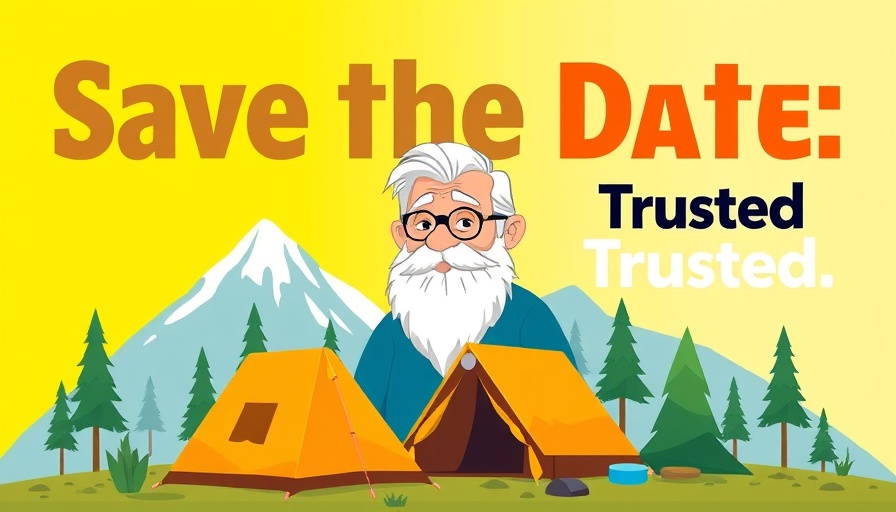
Pathfinders to Gather: The Importance of the AUC 2027 Camporee
As preparations ramp up for the 2027 Australian Union Conference (AUC) Pathfinder Camporee, enthusiasm is building among our youth and church communities. Scheduled from January 5 to 9 at Hogarth Range, New South Wales, this gathering is more than just an event; it’s a pivotal moment for Pathfinders aged 10 to 16 across Australia. The upcoming Camporee, themed "Trusted," promises to delve into the rich narratives of biblical figures, creating a profound spiritual environment where young minds can immerse themselves in worship and fellowship.
Financing Future Leaders: Fundraising Initiatives
In the lead-up to this momentous occasion, Pathfinder clubs are encouraged to kick-start their fundraising efforts. Financial preparations not only encompass direct event costs but also help foster a sense of community and shared purpose as clubs work together toward a common goal. By engaging in innovative fundraising activities, such as garage sales, bake sales, and community events, clubs can create a lasting legacy that extends beyond a week of camping. Fundraising cultivates teamwork and financial responsibility, critical skills for the young leaders of tomorrow.
Building Bonds: The Role of Mentorship in Pathfinders
According to AUC youth director Pastor Jeffrey Parker, the Pathfinder program is intricately woven into the fabric of local churches. With 4,392 Pathfinders currently registered for 2025, the growth of these clubs signifies a healthy future for both the youth and the church community. “Pathfinders are not just a badge; they represent connections that can keep our teens engaged and grounded in faith,” Pastor Parker stated.
This engagement is amplified through mentorship opportunities offered by the clubs. Mentorship in the Pathfinders program facilitates an informal yet powerful transfer of knowledge and values. Older Pathfinders take on roles that allow them to guide and support younger peers, creating a nurturing environment for spiritual growth and personal challenges.
A Celebrated Tradition: The Legacy of Pathfinder Camporees
Pathfinder Camporees hold a storied tradition in the Seventh-day Adventist Church, acting as turning points for many members. “Many hundreds of decisions to follow Jesus and be baptized are made at Camporees,” remarked Pastor Parker. This significance showcases the Camporee as a foundational experience that can shape faith journeys and encourage young individuals to crystallize their beliefs.
Historically, these events have served more than just the immediate community; they create ripple effects, as young leaders return to their churches inspired and equipped. They bring with them newfound energy, commitment, and enthusiasm that can reinvigorate the church’s mission and outreach efforts.
The Future is Bright: Inner Growth and Community Impact
Looking forward, the 2027 AUC Pathfinder Camporee promises not only spiritual enrichment but also opportunities for personal growth. Young participants will engage in various outdoor activities that promote teamwork, resilience, and a connection with nature, all while embracing their faith. Activities planned for the event will cater to diverse interests, ensuring that every Pathfinder finds something that resonates with them.
As the event draws near, the community is already reflecting on the potential life-changing decisions that may occur, reminding us that this isn’t just a camp but a transformational experience that could shape the lives of many.
Get Involved: Ensuring the Success of Camporee
It’s vital for members of the SDA faith community to come together in support of this initiative. Whether through participation, fundraising efforts, or encouraging the youth to attend, every small action contributes toward the success of the Camporee. Together, let's build a legacy of faith, mentorship, and community spirit.
The 2027 AUC Pathfinder Camporee is not just a gathering; it's a call to action for our youth and community to embrace faith and discipleship boldly. As we prepare for the event, let's ensure that everyone involved feels supported and empowered to take part.
 Add Row
Add Row  Add
Add 




Write A Comment